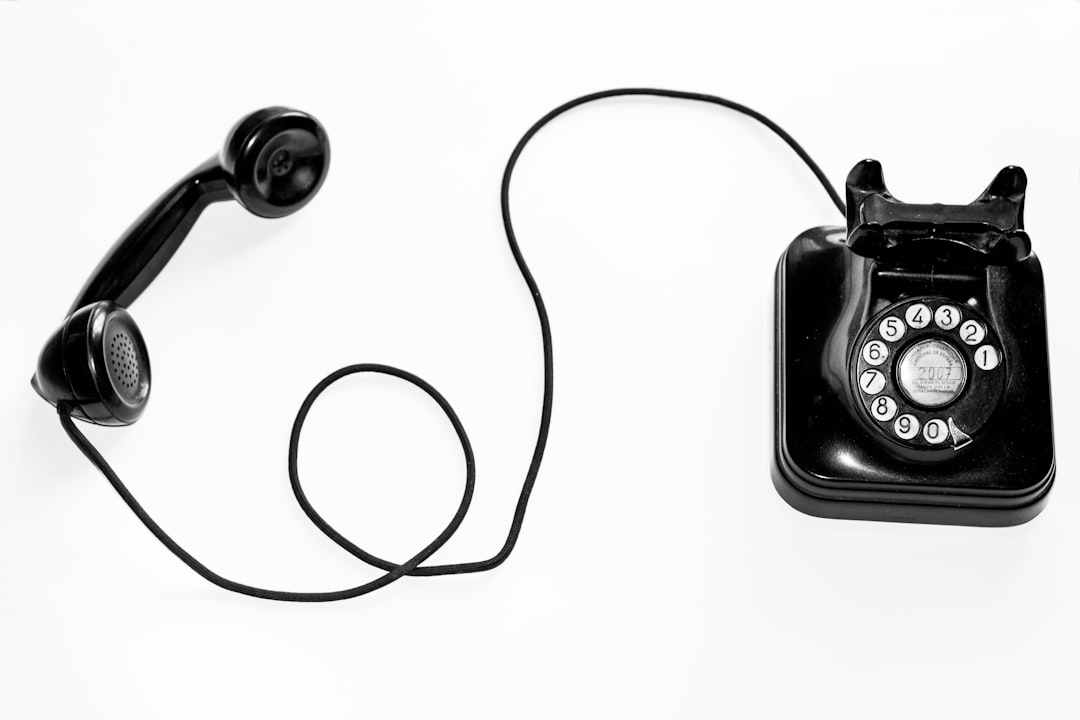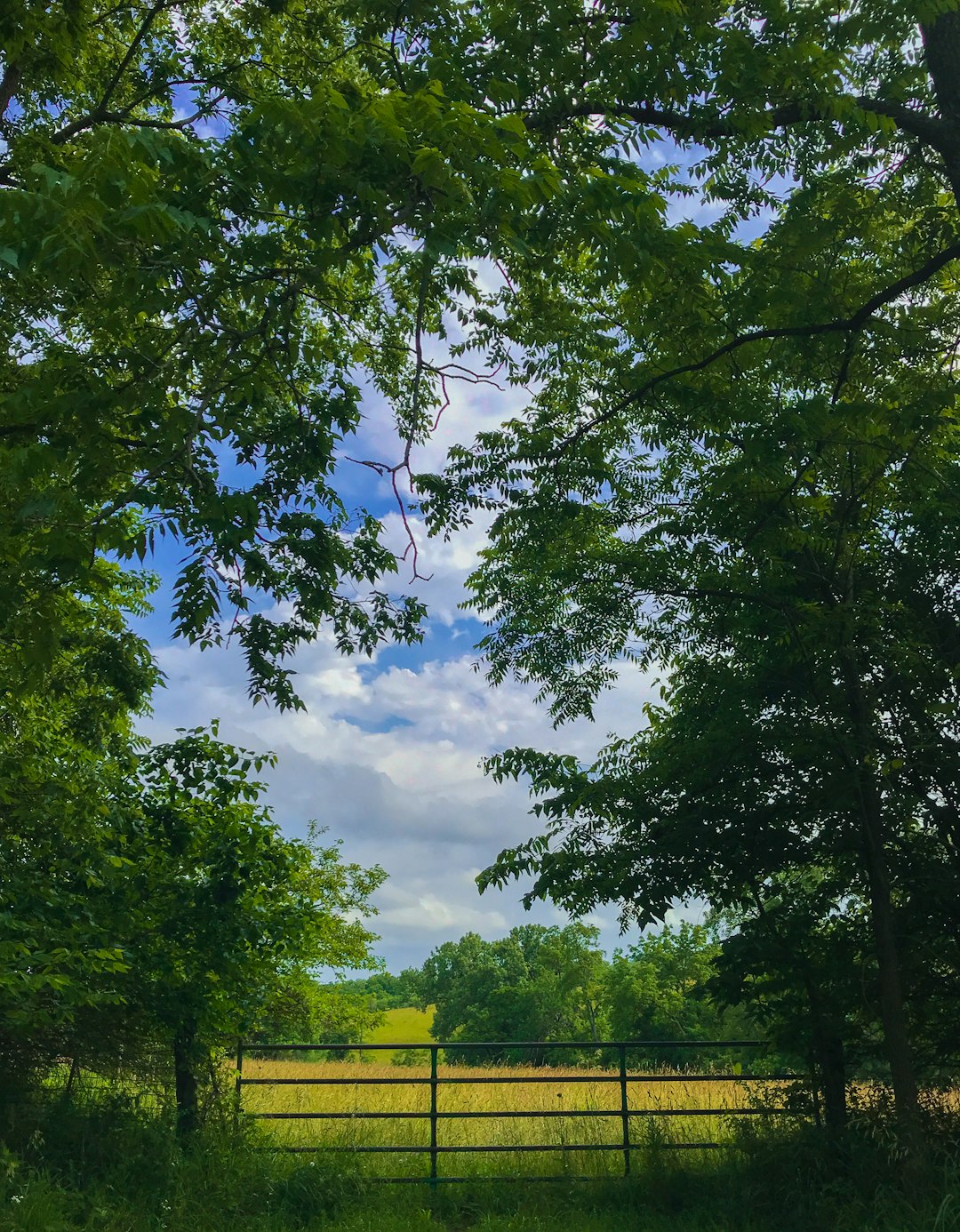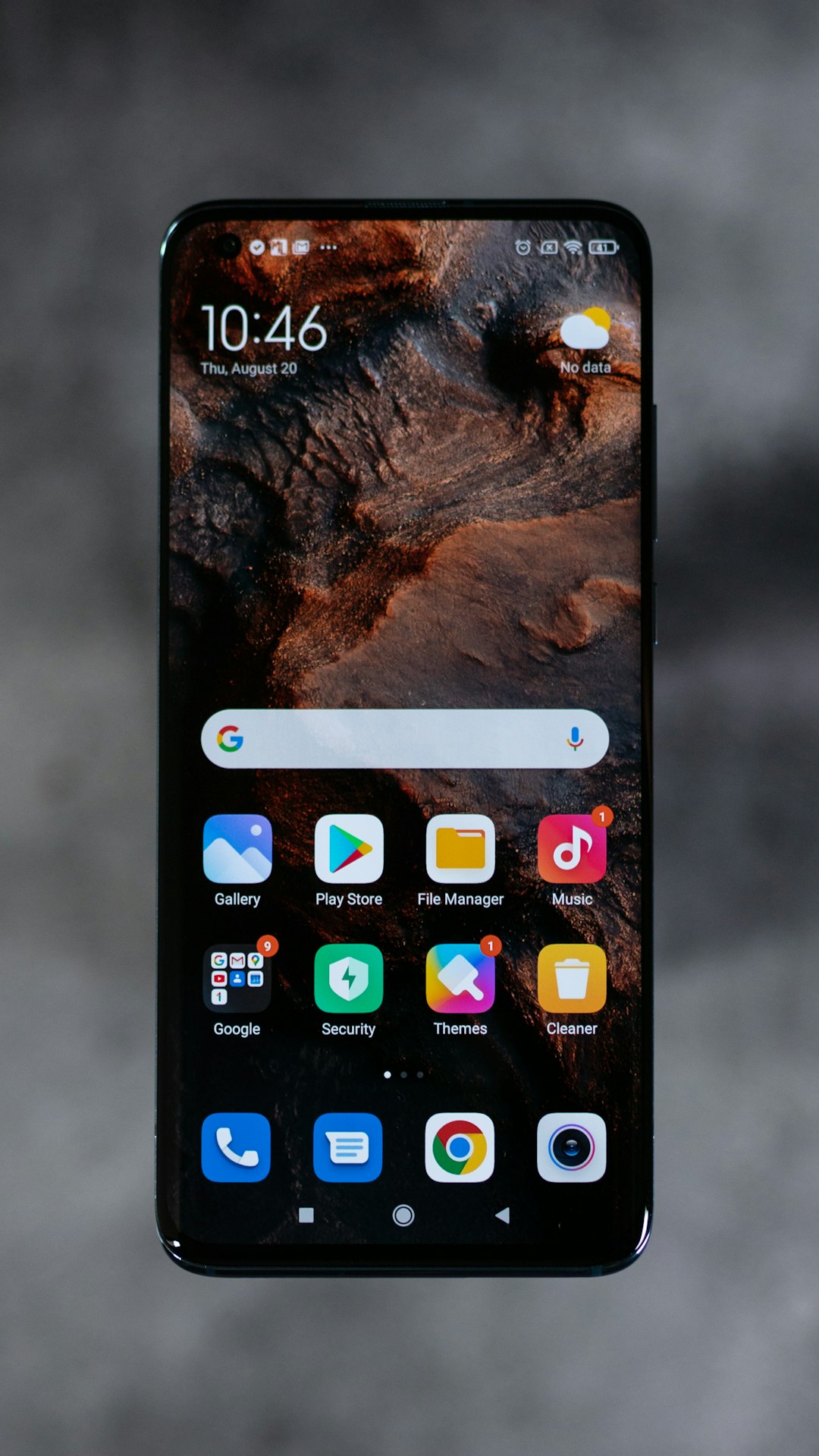Iowa residents can protect themselves from unwanted calls using Caller ID and the state's "Do Not Call" list. While effective, these methods have limitations in blocking fraudulent artists who use spoofed numbers. The Telemarketing and Consumer Fraud and Abuse Prevention Act (TCFA) offers legal protections, with assistance available from do not call lawyers or do not call attorneys in Iowa. Enhanced privacy measures include national lists, call-blocking tools, and cautious number sharing.
In today’s digital age, Caller ID has become a ubiquitous tool for Iowans to identify and manage incoming calls. However, while it offers a sense of security, it’s crucial to understand its limitations in blocking unwanted calls. This article explores the ins and outs of Caller ID functionality in Iowa, delving into how it works, the state’s Do Not Call list registration process, and the legal rights available to residents targeted by telemarketers. We also provide practical steps, beyond simply registering for the Do Not Call List, to enhance your privacy and protect against persistent unwanted calls, with a focus on connecting you with top Do not call lawyers Iowa and Do not call law firms Iowa.
What is Caller ID and How Does It Work in Iowa?

Caller ID is a service that displays the phone number and, in some cases, the name of an incoming caller on your device’s screen before you answer the call. In Iowa, like many other states, this technology is widely used to enhance communication and prevent unwanted or fraudulent calls, commonly referred to as “Do Not Call” lists. When a caller initiates contact, their number and information are transmitted through telephone networks, allowing receiving phones equipped with Caller ID functionality to display this data.
This system works by utilizing the Global System for Mobile Communications (GSM) network and the North American Numbering Plan (NANP), which assigns unique numerical sequences to areas across the United States, including Iowa. Upon making a call, the calling party’s information is passed through these networks, enabling receiving devices to access and display this data within seconds. For residents of Iowa seeking to limit unwanted calls from law firms or attorneys, understanding how Caller ID functions can be empowering. Individuals can use “Do Not Call” services and register their numbers to reduce such calls, ensuring a quieter and more controlled communication experience.
The Do Not Call List: Registering Your Number in Iowa

In Iowa, residents have the option to protect their privacy and reduce unwanted calls by registering their phone numbers on the Do Not Call list. This list is a powerful tool for Iowans to manage their communication preferences. By signing up, you indicate that your number should be excluded from telemarketing and sales calls. It’s a simple process that can be done online or via mail, making it accessible to all residents.
The Do Not Call list is not just for preventing cold calls; it also includes robocalls and other automated messages. This ensures that your phone line remains a personal space, free from intrusive marketing efforts. If you’re already experiencing harassment from persistent callers, considering legal assistance from a do not call lawyer in Iowa can be beneficial. They can guide you through the process of registering and help protect your rights against abusive calling practices.
Limitations of Caller ID in Blocking Unwanted Calls

While Caller ID has become a ubiquitous tool for Iowans to identify incoming calls, it’s not foolproof and has significant limitations when it comes to blocking unwanted calls. Despite displaying the caller’s phone number, name, or even company, it can’t always differentiate between legitimate businesses or individuals and spam or scam artists, who often use spoofed numbers. This means that despite its best efforts, a Do Not Call list registered with the state of Iowa may still receive calls from unscrupulous law firms or attorneys claiming to represent your local government, seeking personal information, or pushing illegal services.
Furthermore, Caller ID data is not real-time and can be easily manipulated. Scammers employ techniques like number spoofing, where they falsify the caller ID information to make it appear as if the call is coming from a trusted source, such as a well-known law firm in Iowa. This makes it difficult for recipients to verify the authenticity of the call and increases the risk of falling victim to fraudulent schemes. For those seeking protection against these unwanted and often illegal calls, consulting with a lawyer specializing in Do Not Call laws in Iowa can provide guidance on enforcement options and strategies to mitigate these recurring issues.
Legal Rights and Resources for Iowa Residents Targeted by Telemarketers

Iowa residents have legal rights when it comes to dealing with telemarketers and unwanted calls. The Telemarketing and Consumer Fraud and Abuse Prevention Act (TCFA) provides protections for consumers, including the right to register their phone numbers on the National Do Not Call Registry. If a resident feels they have been targeted by telemarketers in violation of this registry or other laws, they may seek legal assistance from a do not call lawyer Iowa or do not call attorney Iowa.
There are specific rules and regulations that do not call law firms Iowa must adhere to, and residents can take action if these are breached. A qualified lawyer for do not call Iowa can help residents understand their rights, navigate the legal process, and potentially seek compensation or halt harassing calls. Resources like the Iowa Attorney General’s office also offer guidance and support to those facing persistent telemarketing issues.
Enhancing Privacy: Additional Steps to Stop Unwanted Calls

While Caller ID provides valuable information about incoming calls, it’s not foolproof against unwanted or fraudulent calls. To enhance your privacy and reduce nuisance calls, consider additional steps beyond simply blocking numbers. Registering for national “Do Not Call” lists is a good start, as these lists restrict telemarketing calls from specific businesses. In Iowa, you can also register for the state’s “Do Not Call” registry to limit calls from law firms, lawyers, and attorneys.
For more robust protection, explore call-blocking apps or services that learn and adapt to block known unwanted callers. Adjusting phone settings to restrict anonymous or blocked numbers can also help. Additionally, be cautious about sharing your number publicly or on social media platforms, as it may attract more spam calls. If you suspect illegal activity or need legal advice regarding nuisance calls, consult a lawyer specializing in consumer protection or privacy law in Iowa.






